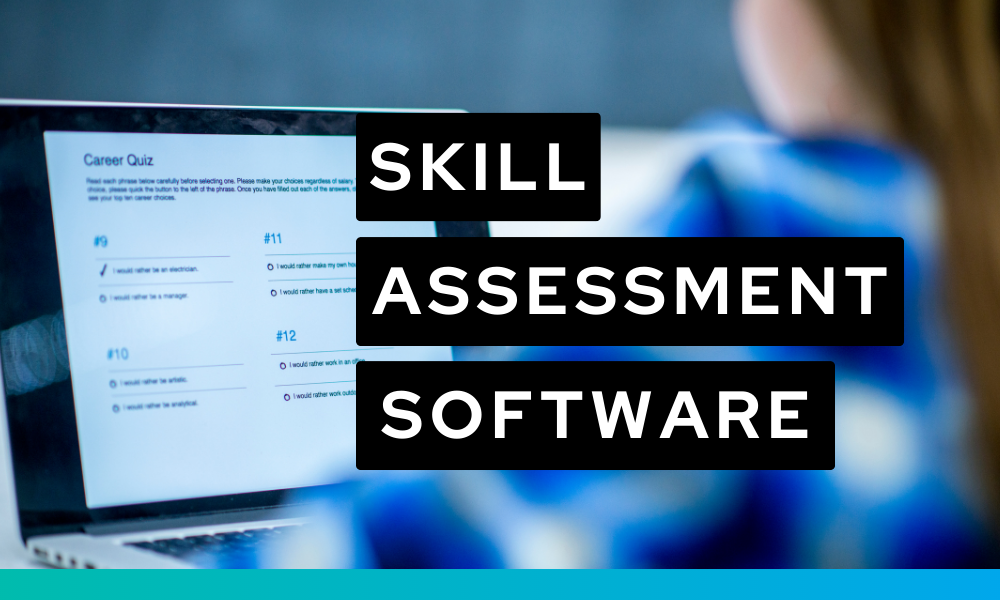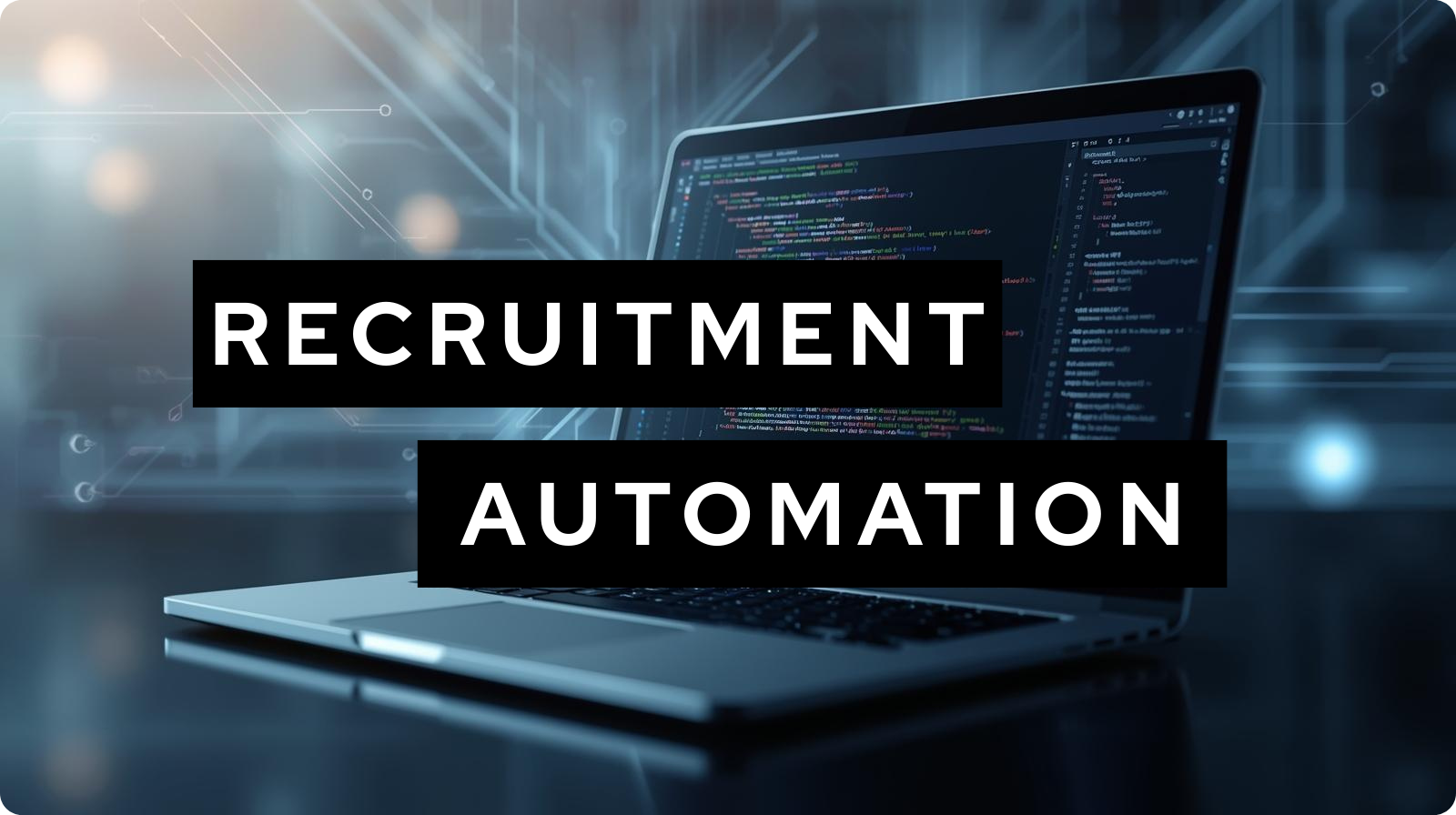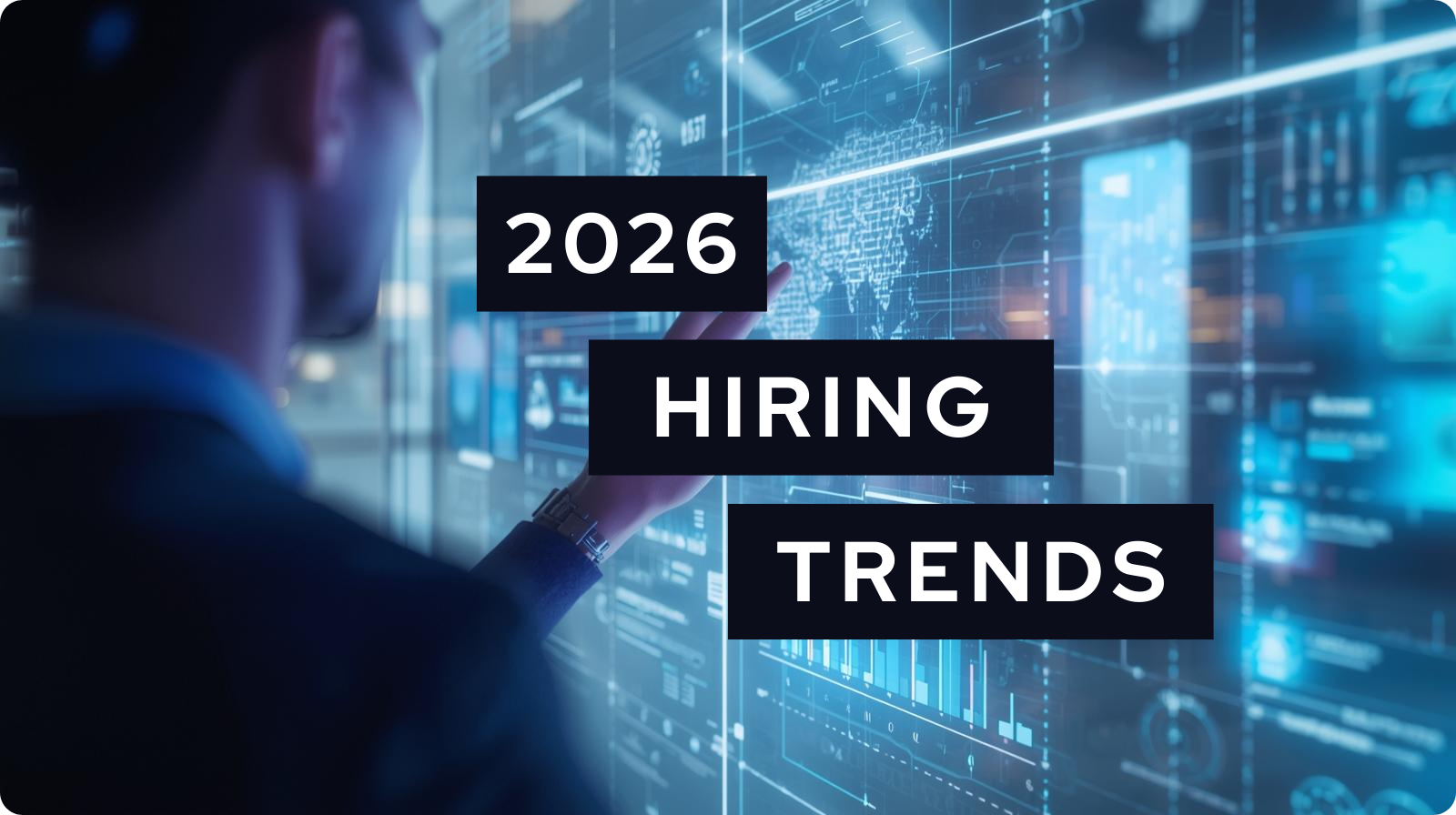
Make talent quality your leading analytic with skills-based hiring solution.

Test Skills, Not Resumes
Recruiters today face a common challenge: how to separate real skills from resume claims. A SHRM study found that 78% of recruiters believe candidates exaggerate their skills. This leads to hiring bias, wasted time, and costly mis-hires.
That’s where skill assessment software comes in. By testing candidates on the actual skills required for the role, organizations can make hiring decisions based on proven ability—not just credentials. With Glider AI, hiring teams go beyond resumes to validate skills, build a reliable skills inventory, and create a more effective talent assessment process that improves quality of hire.

Skill assessment software exists to:
Skill assessment platforms follow a straightforward process that mirrors real-world hiring needs:
Not all jobs require the same kind of evaluation. To get the best results, organizations use different types of skill assessments based on role requirements and candidate experience.
Together, these form the foundation of a comprehensive talent assessment program.
| AI Proctoring | Detects malpractice using webcam, screen, and audio monitoring—without disrupting the candidate’s flow. |
| AI Assistant | Helps recruiters select the right test, analyze results, and make data-driven hiring decisions. |
| Candidate-Friendly Design | Mobile-friendly and simple interfaces reduce test anxiety and drop-offs. |
| Role-Based Libraries | Hundreds of functional roles and 250+ technologies, from sales and customer service to data science. |
| Simulation-Based Testing | Real-world tasks replace generic multiple-choice, ensuring accurate skill validation. |
| CEFR Language Assessments | Validates candidate communication skills across global markets, aligned with the Common European Framework of Reference (CEFR) for consistent and reliable benchmarking. |
| Scalable Reporting | Auto-grading and customizable dashboards provide instant insights at scale. |
Skill assessment platforms provide tangible benefits for both recruiters and candidates:
With so many vendors in the market, choosing the right solution requires careful consideration. The best talent assessment tools balance recruiter efficiency with candidate fairness while providing the flexibility to scale.
When evaluating solutions, look for:
Q1: What types of skills can be tested with Glider AI?
Technical, non-technical, and behavioral skills across 250+ technologies and hundreds of job roles. These assessments form a key part of a broader talent assessment process.
Q2: Does using assessments add extra time to hiring?
No. Automated grading and shortlisting reduce hiring time by up to 40%.
Q3: How do candidates feel about assessments?
Research shows that 67% of diverse candidates prefer skills-based assessments to traditional hiring because they feel fairer. This improves candidate trust in the overall talent assessment system.
Q4: Can assessments integrate with my ATS?
Yes. Glider AI integrates with leading ATS and HR platforms for seamless workflows.
Q5: Is skill assessment the same as talent assessment?
Not exactly. Skill assessments focus on specific abilities required for a role, while talent assessment takes a broader view—combining skills, behavior, and potential to ensure the right long-term fit. The two approaches complement each other.
Skill assessments are no longer a “nice-to-have.” They’re a core strategy for modern hiring—helping organizations reduce bias, improve efficiency, and focus on what matters most: proven skills. Whether you’re building a stronger skills inventory for workforce planning or investing in a modern talent assessment platform, skill assessment software gives you the foundation to hire and grow with confidence.

Recruitment automation entered the picture when hiring stopped being manageable through manual effort alone. Hiring was never simple, but it was slower in a way teams learned to live with. Resumes arrived in batches. Shortlists were built by hand. Follow ups depended on memory and spreadsheets. As hiring volumes grew and timelines tightened, those familiar […]

If you’ve hired anyone in the last two years, you already know something feels different. In 2026, candidates are harder to assess. Resumes tell you less than they used to. Interview performance doesn’t always predict job performance. And even when you think you’ve made a good hire, there’s this nagging feeling that you might have […]

Is holiday season capitalized? When you type “holiday season” into a document, you might pause and wonder about the proper formatting. The answer is no, not unless it begins a sentence. But that simple question opens the door to a much bigger conversation about what the holiday season actually means. For some, it’s a time […]